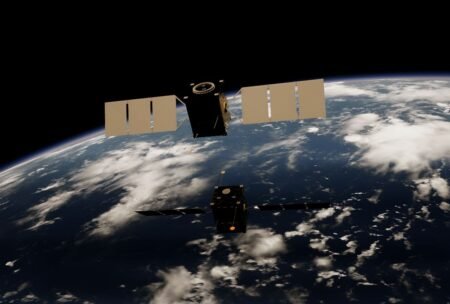EU Transport Ministers at their telecommunications session today approved the European Digital Agenda for high-speed internet and secure digital single market, among others, to boost growth and employment in the EU.
The Council of Ministers of Transport, Telecommunications and Energy approved a document of conclusions supporting the European Digital Agenda. The project was launched on 19 April in Granada as one of the seven initiatives envisaged under the Europe 2020 Strategy to boost growth and employment.
The Digital Agenda for Europe identifies the seven most significant obstacles to telecommunications development and proposes seven specific actions to overcome them.
At a subsequent press conference, the Spanish Minister of Industry, Tourism and Trade, Miguel Sebastian, expressed his great satisfaction with the ministers’ unanimous support for this instrument and called this show of support for information and communication technologies (ICT) a “historic day” for the EU.
“A bet on this sector is a safe bet, a bet on economic growth and employment,” said Sebastian, who explained that the Digital Agenda’s strategy aims to bridge the digital divide and to achieve 100% basic broadband coverage for all citizens in 2013.
In addition to this specific goal, the Spanish minister said the EU has given itself the challenge of adopting ultra-fast broadband of at least 30 megabytes per second by 2020, throughout the Union, or that half of all European citizens will enjoy coverage of 100 megabytes per second.
Furthermore, the strategy also includes the drafting and dissemination of the Digital Rights Charter, the creation of a single market for content and e-Commerce, the development of interoperable digital public services and innovation in ICTs in areas in which Europe has greatest market potential.
The European Commissioner for the Information Society, Neelie Kroes, complained that there is currently not one single market for audiovisual products online, but 27, and that mobile phone usage prices are up to six times more expensive in some Member States than in others.
Finally, the Spanish minister took the last Council of Telecommunications under Spanish Presidency as a chance to thank the European Commission for its collaboration, while demonstrating his support and wishing “every success” to the upcoming Belgian and Hungarian Presidencies.







